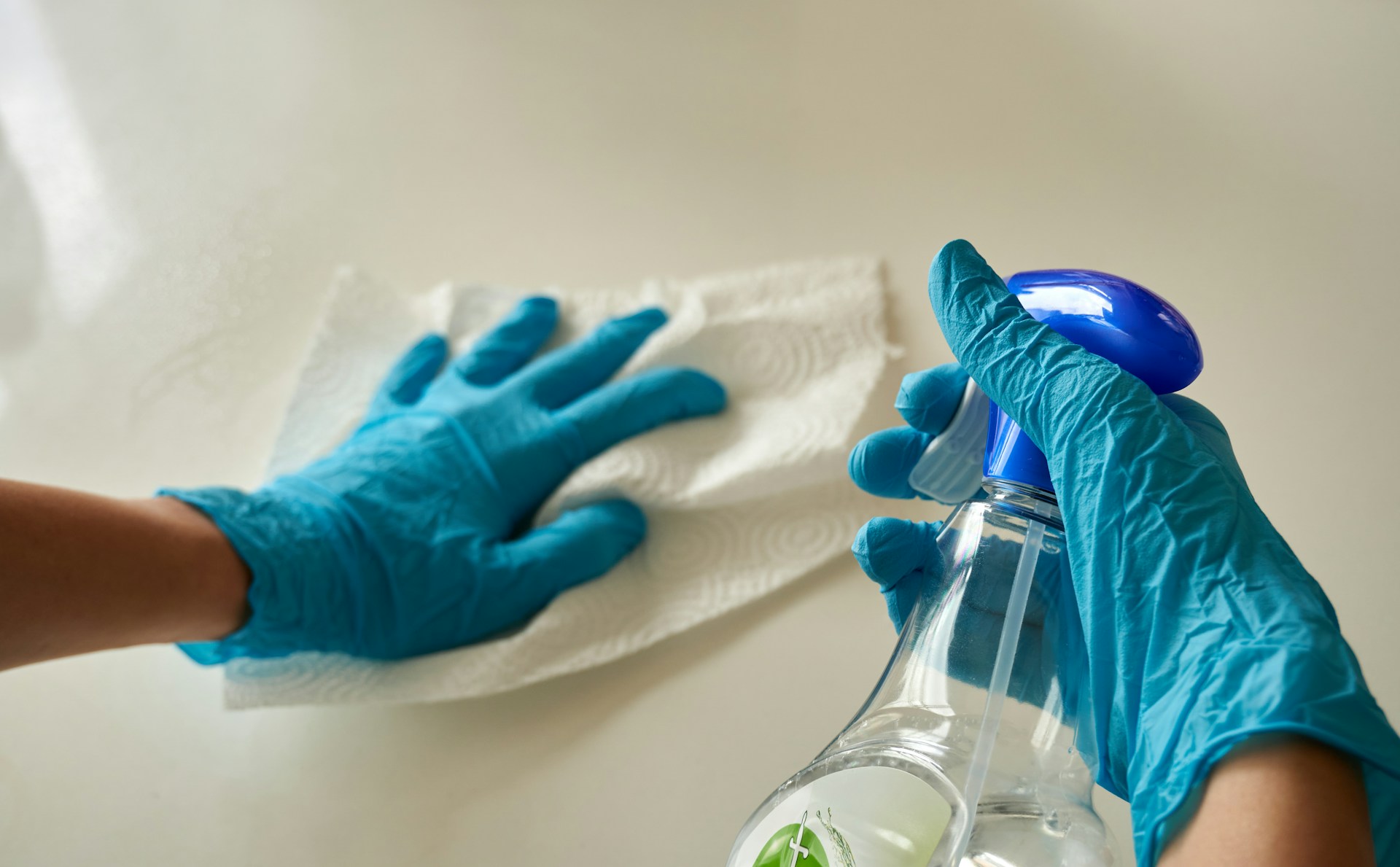
When it comes to domestic chores, many overlook the possible impact cleaning products can have on our health. For those with allergies, certain cleaning products can turn a routine task into an uncomfortable experience. Imagine planning a weekend cleaning spree, only to end up with itchy eyes, sneezing fits, or skin irritations. These reactions can be more than just minor annoyances; they can affect your quality of life and productivity. Recognizing which products might trigger these responses is key to maintaining a safe and allergy-free home environment.
Living in Ottawa, where the seasons bring diverse challenges, it’s even more important to be aware of the allergens present in cleaning products. As residents embrace both the sunny and snowy seasons, cleaning becomes a year-round necessity. Understanding how to handle products that might cause allergic reactions can safeguard your comfort and promote a healthier home environment. This not only makes cleaning more pleasant but also protects your well-being.
Common Cleaning Products That Cause Allergic Reactions
It’s surprising how many everyday cleaning products can cause allergic reactions. Being aware of these products can help you make more informed choices. Here are a few you might encounter:
– Ammonia-Based Products: Often found in glass and window cleaners, ammonia can irritate the respiratory tract and exacerbate asthma symptoms. It’s wise to use alternatives that accomplish the same sparkling finish without the harsh effects.
– Chlorine Bleach: While this powerhouse is effective in disinfecting and whitening, it can cause skin irritations and respiratory trouble. Instead of using bleach, opt for less irritating options like vinegar for disinfecting.
– Air Fresheners: Many air fresheners contain volatile organic compounds (VOCs) that may lead to allergic reactions. Consider natural fresheners like potpourri or essential oil diffusers to create pleasant scents without a risk to your health.
These products work effectively, but their components can trigger allergic reactions for some individuals. Recognizing these potential culprits can help you switch to safer alternatives. As you shop or scout through your cleaning supplies, checking labels and understanding ingredients can keep unpleasant reactions at bay and promote a more allergy-friendly home.
Signs You Might Be Having an Allergic Reaction
Identifying the symptoms of an allergic reaction early is the first step in preventing discomfort and ensuring safety. Common symptoms might include sneezing, watery eyes, itchy skin, or even more severe respiratory issues like wheezing and coughing. It’s important to stay alert to these signs, especially after using cleaning products known to contain harsh chemicals.
One practical way to test if a product is causing a reaction is through a simple skin patch test. Apply a small amount of the cleaner on a patch of skin, like the inside of your elbow, and wait to see if any irritation occurs within a day. This method isn’t foolproof but can give a clue about potential skin reactions. If you notice more severe symptoms like continuous coughing or difficulty breathing, it could be more serious, requiring medical attention. Staying informed about how your body reacts will help you swiftly change your cleaning habits to keep your home safe and comfy.
Safe Alternatives for Cleaning in Ottawa
Switching to safer cleaning products doesn’t mean you have to sacrifice cleanliness. There are numerous hypoallergenic options that reduce the risk of reactions while effectively maintaining your space. Products labeled as fragrance-free or dye-free are usually good choices since they contain fewer allergenic ingredients. Look for eco-friendly cleaners that avoid harsh chemicals, offering a gentler yet still effective clean.
In Ottawa, where the environment is a shared value, many local stores carry a variety of safe alternatives. Items like vinegar, baking soda, and lemon juice are great natural cleaners. They do wonders in breaking down grime without triggering allergies. Using such alternatives not only improves health but also promotes sustainability, aligning well with the community’s environmental goals.
Tips for Minimizing Allergic Reactions During Cleaning
Keeping allergy symptoms at bay while cleaning involves adopting a few simple, effective strategies. Here are some tips to help:
1. Ventilate Your Space: Keep windows open to let fresh air circulate when cleaning. This helps reduce the concentration of cleaning fumes indoors.
2. Protective Gear: Wearing gloves and masks can minimize skin contact and inhalation of allergens. This is especially important when dealing with strong cleaners.
3. Choose the Right Time: Clean when you can leave windows and doors open for a while. Evening cleaning, when you’re less likely to air out the space, can trap allergens indoors.
4. Regular Cleaning Routine: Regular maintenance helps manage allergens, reducing the need for aggressive cleaning sessions that stir up irritants.
By making smart choices about products and methods, your cleaning routine can remain effective without the unwanted side effects. This not only secures a pleasant, allergy-free home but also takes care of your well-being over the long term.
Creating a healthy and clean home doesn’t have to be a challenge. By understanding which products might be causing allergies, you can keep your space in Ottawa both safe and inviting. For those looking for professional guidance in achieving a spotless home free of allergens, learn more about cleaning in Ottawa with The Glebe Clean Inc. Embrace smart, safe cleaning practices, and enjoy the comfort of a space that feels just right.
- Blog
- Uncategorized
Categories

Stay Updated
We will send you info about your business